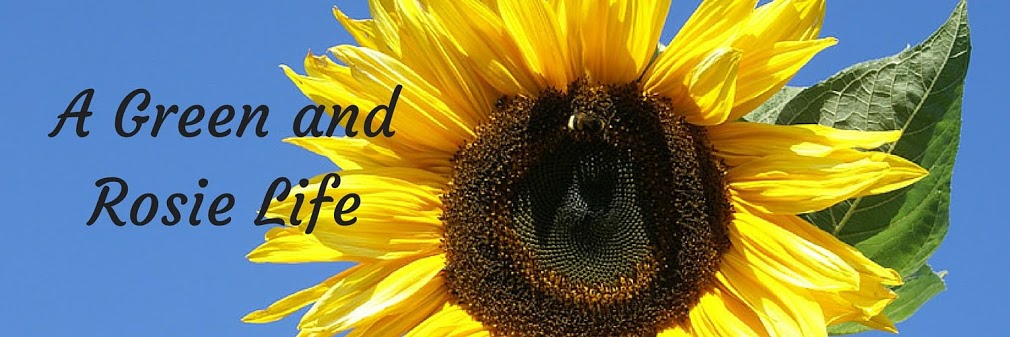We are at a critical point. Time is running out to stop catastrophic climate change that will threaten our very existence. It is great to see so many people making and promoting positive environmental changes and we need to build on this and we all need to change the way we lead our lives. To do his most of us need a complete change in the way we approach our lives because everything we do had an effect on the planet. We need rewire our brains so that we automatically lead our lives in a way that is sustainable. In that way we don't need to wait for Governments and businesses to make the necessary changes - we can do it first and lead the way.
Whatever we are doing we need to remember keywords that will help make our life choices the ones that don't damage our planet.
Less
We really need to be buying less stuff. We need to be using less energy and wasting less stuff including food. The worst culprits are single use, disposable items but we need to buy less of everything because when we buy new stuff older items are thrown away. In other words we live in a linear economy (raw materials are processed into a new, often single use products that are thrown away after use) when what we need to have is a circular economy - an economic system aimed at eliminating waste and the continual use of resources.
 | |
| Circular Economy Explained. Image from Deceleration.News |
We can help shift from linear to circular if we think before we buy anything: We all know the 3 Rs but there are actually a lot more words we need to get into the habit of thinking about. Reduce, Re-use, Recycle are great but let's build on these three - we also need Repair, Upcycle, Downcycle, Repurpose, Re-home, Borrow, Lend, Share, Compost, Re-evaluate (what is actually important to us), Reject (what we don't need), Long-lasting (buy quality products), Make (our own) ... they might not make a very catchy acronym but once you start applying these ideas to your everyday life you are making important steps towards changing to that all important circular economy and a sustainable future.
These words will also help:
Local
Buying from local producers means you are cutting down of transport, supporting strong local communities and helping the people who are closest too you. Less money is lost to the super rich CEOs of mega corporations with their often excessively wasteful lifestyles from obscenely large houses to private jets etc.
Seasonal
I am old enough to remember when you could only get strawberries for a few short weeks in summer and now, when-ever I see a recipe that combines ingredients from different seasons I got so cross. Before you buy fresh produce ask yourself if it is in season because if not you can bet it travelled from afar. Get into the habit of checking where your food comes from as supermarkets will often import foods even when they are in season locally.
Plastic-free
It is difficult to see where we stand on the war against plastic. In many ways we are losing with plastic filling every corner of our lives but it is also encouraging to see the growth in non-plastic products. The more the public buys these the more they will be produced, siple suppy ad demand. So think plastic before you buy anything, both the product itself and the packaging and choose those items with the least plastic. But remember, if you have plastic items keep using them and only replace them with plastic free ones when they are broken and really cannot be repaired.
So now I have got you thinking green and becoming more environmentally friendly. These are general terms to where we should all be aiming and unfortunately their vagueness is seized upon by businesses and used to to Greenwash the public.
Greenwashing
Greenwashing is behaviour or activities that make people believe that a company is doing more to protect the environment than it really is. Environment damaging companies run campaigns to try and improve their images but they are meaningless in terms of what they actually say. Many businesses label their products or services as "environmentally friendly" and "green" but again, once you dig just a little bit deeper you see they are, at best, meaningless and, at worst, more damaging than something not labelled in this way. It is all just green spin. This blog post explains more about Greenwashing. But as you continue your journey to making good environmental choices it will become easier to recognise these non-environmental wolves in sheep's green clothing especially when you apply the keywords highlighted in this blog:
Less, Circular Economy,
Repair, Upcycle, Downcycle, Repurpose,
Re-home, Borrow, Lend, Share,
Compost,
Re-evaluate (what is actually important to us),
Reject (what we don't need), Long-Lasting (buy quality products),
Make (our own),
Local, Seasonal,
Plastic-free,
Greenwashing.
Do you think these keywords will help you live more sustainably? Have you any others you would like to add?



No comments :
Post a Comment
Note: only a member of this blog may post a comment.